aNewDomain — Scared people vote Republican.
 That’s the conventional wisdom, anyway, and it was exploited mercilessly following the terrorist attacks of September 11, 2001. Rudy Giuliani in particular is famous for having a hard time completing a sentence without bringing up the attacks.
That’s the conventional wisdom, anyway, and it was exploited mercilessly following the terrorist attacks of September 11, 2001. Rudy Giuliani in particular is famous for having a hard time completing a sentence without bringing up the attacks.
The 2002 Republican conventions and rallies prominently featured scenes of destruction from these attacks. George Bush, Jr., won re-election under such banners as a wartime president.
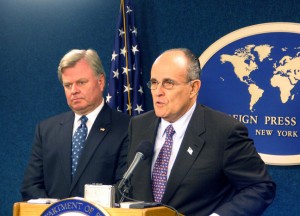 But is it true? Do scared people really vote Republican?
But is it true? Do scared people really vote Republican?
There’s a problem with trying to predict voter behavior based on voters’ attitudes and values. And it’s a big problem: Voter attitudes and values tend to change to match their chosen political alignment.
In other words, it may not be that you are liberal because you are for same-sex marriage. It could be that you are for same-sex marriage because you are liberal.
The whole issue sure is worth thinking about.
Changing values and cognitive dissonance.
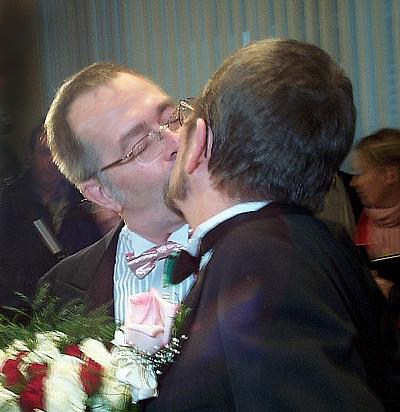
Even candidates running for office seem to change values over time. Review the 2012 Obama/Romney campaign and watch Mitt Romney become increasingly conservative over the course of the race. Romney even went so far as to deny the viability of the Affordable Care Act. And that was his own policy, just expanded from state to national level.
And watch what is going to happen to Hillary Clinton as she needs to compete for votes with Bernie Sanders. She will be dragged left of center by voters who are disappointed Elizabeth Warren isn’t running.
Voters are dragged the same way. Your voting choices are narrow, after all. You really have only two positions to choose from. You choose the party that most closely aligns with your own politics, then adjust your values to match.
A 2013 study of Italian politics titled “Voting and Values: Reciprocal Effects over Time” confirms those effects. What’s the cause of this? Likely, it’s what we psychologists call cognitive dissonance.
Another article in the same publication published later in 2013, “Multidimensionality of Right-Wing Authoritarian Attitudes: Authoritarianism-Conservatism-Traditionalism,” shows exactly what you would expect an article with that title to show.
Namely, it showed a strong tie between authoritarian attitudes and conservative opinions. And that so-called “right wing authoritarianism” is composed of those three prevailing attitudes: authoritarianism, conservatism and traditionalism.
Conservatives tend to value tradition. Worldwide, this is a central facet of political conservatism.
Regardless of party systems or names, political affiliations tend towards the two poles. Conservatism reveres the values upon which a nation was founded, and liberalism bends towards social progress and change.
In an ideal world, those forces would be balanced. In an ideal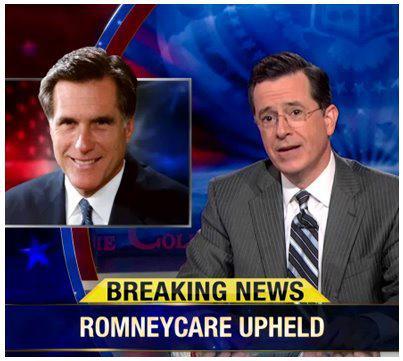 world we would not have so much change in society that was chaotic and unpredictable, but enough that we could progress, learn from experience and science, and still advance at a reasonable pace.
world we would not have so much change in society that was chaotic and unpredictable, but enough that we could progress, learn from experience and science, and still advance at a reasonable pace.
But the world is neither ideal nor balanced. And once politicians get hold of political systems, things can really go off the rails.
Are more authoritarians racist?
Authoritarians tend to believe orders should come from above and should be followed without question. An authoritarian commander does not explain his orders. The law is the law and should be always followed and never changed. In this environment, we do not question why laws exist. We only enact, enforce and obey.
There is some evidence that such attitudes correlate to racial bias, and you can hear that in liberal versus conservative explanations of things like the Baltimore protests/riots and debates about incarceration or the death penalty.
Conservative whites tend to blame black people for their own incarceration, while liberal whites look to the system of laws and practices that place people of color unduly in the proverbial crosshairs.
Do conservatives blame themselves or others?

A 2010 Current Psychology article “Conservative Ideology, Economic Conservatism, and Causal Attributions for Poverty and Wealth” shows that conservatives tend to assign attributional causes for wealth disparity while liberals tend to be more open to situational ones.
This is so common and basic an error — and every living human seems predisposed to think this way — that it has a name: fundamental attribution error. This is the all-too-common tendency to think the cause of others’ failures lies in their personal attributes.
A corollary tendency, called the self-serving bias, is to let ourselves off the hook for our own failings based on circumstances.
Net/net: We blame others for their failings and let ourselves have face-saving excuses.
So was it a depression? A recession? Or just plain laziness?
On the national scene, fueled b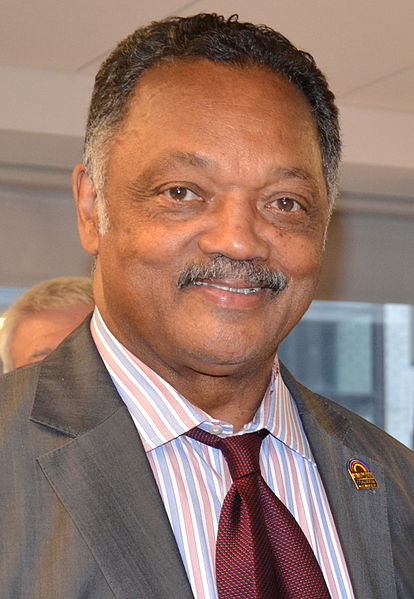 y politically biased media, we can see such tendencies play out with in-groups and out-groups. In other words, we blame black people for black poverty and we blame recessions for white poverty.
y politically biased media, we can see such tendencies play out with in-groups and out-groups. In other words, we blame black people for black poverty and we blame recessions for white poverty.
Paraphrasing Martin Luther King, Jr., Jesse Jackson once said:
“When we’re unemployed, we’re called lazy; when the whites are unemployed it’s called a depression.”
Many of us make the same errors when dealing with crime. When black men are killed by police we blame their behavior – resisting arrest or having bad attitudes – rather than the social conditions that lead to crime, poverty and exploitation, and the by now hard-to-deny institutionalized racism almost inherent to policing.
Particularly dangerous are candidates who express law-and-order views when they do not understand the issues at hand.
Remember that ordinary conservative voters will tend, over time, to adopt the views of the candidate they support.
And, especially in a presidential election year, there are limited candidates from whom to choose.
The 2016 election is already shaping up to be one of the most polarizing events in our history.
Unprecedented gerrymandering and racial segregation have created a primary system in which only the most conservative candidates will pass muster with a repeated litany of evolution-denial, war on women and jingoism. This will be matched on the left by increasingly socialist solutions to problems which the right won’t even admit exist.
Study: Crime victims become more conservative after the fact.
A 2013 study published in the European Journal of Social Psychology — “Criminal victimisation fosters conservatism among people living in areas with high unemployment rates: A multilevel longitudinal study”– finds that being victims of crime increases peoples’ political conservatism when they live in areas of high unemployment.
Now the cynic might suggest this explains Republican obstructionism at home regarding real work to fix our bleeding economy. But that is probably just a convenient coincidence. After all, “conservative” and “republican” are overlapping constructs, but not identical ones.
But now we are getting closer to the question, which is again:
Do scared people vote Republican?
Well, do they? Do scared people vote Republican?
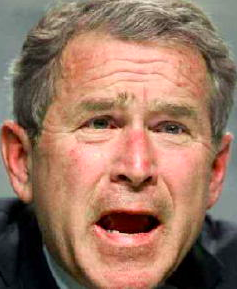 Encounters with ambiguity — particularly with death-salience — drive one towards nationalist and xenophobic attitudes.
Encounters with ambiguity — particularly with death-salience — drive one towards nationalist and xenophobic attitudes.
That is the key finding of the experiments behind The Handbook of Experimental Existential Psychology. This weighty tome has since 2004 been attempting to provide empirical support for the works of the late philosopher Ernest Becker (Denial of Death), which suppose that fear — and fear of dying — is what underlies hate politics.
By now, there are thousands of experiments replicating those core findings: When we are threatened, we do tend to increasingly favor our ingroups and hate outgroups.
Such attitudes line up nicely with conservative ideals. After all, nothing denies ambiguity like recourse to authority, whether that authority is divine right (the religious conservative component of the Republican party), the law (that wing of Republicans that hates gay marriage), white supremacy (the so-called “Southern Strategy” component), or the law-and-order corner (tough on crime/criminals, death-penalty advocating, war-on-drugs quarter).
So, let’s get right to it now. In 2011, a study published in Current Biology titled “Political Orientations Are Correlated with Brain Structure in Young Adults” found a larger amygdala in conservative college students than in non-conservative ones. The amygdala is where fear originates in the brain. Now a big amygdala only matters here if size relates to function.
Experimental evidence suggests this is the case. For a competent review of such evidence, check out this New Republic article.
Scared people are more conservative. There’s a difference.
So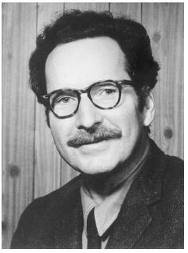 the answer is: Yes, fear makes people more conservative. But conservative is not at all the same construct as Republican.
the answer is: Yes, fear makes people more conservative. But conservative is not at all the same construct as Republican.
Around here, we have some very conservative Democrats. Global warming is real, for example. Democrats use it to drum up support from their base while Republicans deny its existence. Ditto racism.
Underlying all of this investigation, though, is another really interesting question: Why are we trying so hard to explain conservatism in such terms as racism, sexism, heterosexism, xenophobia?
This is obvious, anyway, from any 10 minute stretch of Fox News coverage. So why spend so much time and energy examining these issues?
Is this what science is for? Good question.
The answer may be the biggest problem of all: A liberal bias in social sciences.
For aNewDomain, I’m Jason Dias.
Image credits. George W. Bush: The Richmonder All Rights Reserved; Scared woman: BeforeItsNews.com, All Rights Reserved; cover image: reverbpress.com, All Rights Reserved; U.S. State Department [Public domain], via Wikimedia Commons; “Hendricks-leboeuf” snapshot by Montrealais. Licensed under CC BY-SA 3.0 via Wikimedia Commons; ChesapeakeLiaison.com, All Rights Reserved; BelferCenter.ksg.harvard.edu, All Rights Reserved; by AFGE via Flickr, [CC BY 2.0], via Wikimedia Commons; BeforeItsNews.com, All Rights Reserved; ClimbingTheCrazyTree.wordpress.com, All Rights Reserved.

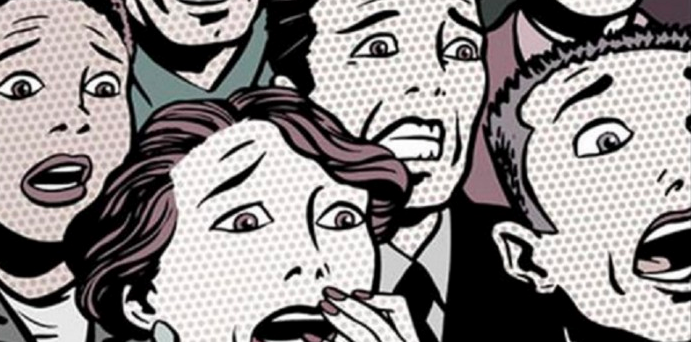












If scared people vote republican, then what’s that say about President Obama? The guy can’t go five minutes without reminding us that the world is going to end due to climate change, that ISIS/ISIL wants to kill us all, or that if we don’t give the keys to our encryption over to the FBI impending doom looms on the horizon!
Haha, you crack me up Jason, you’re quietly a satirist aren’t you?